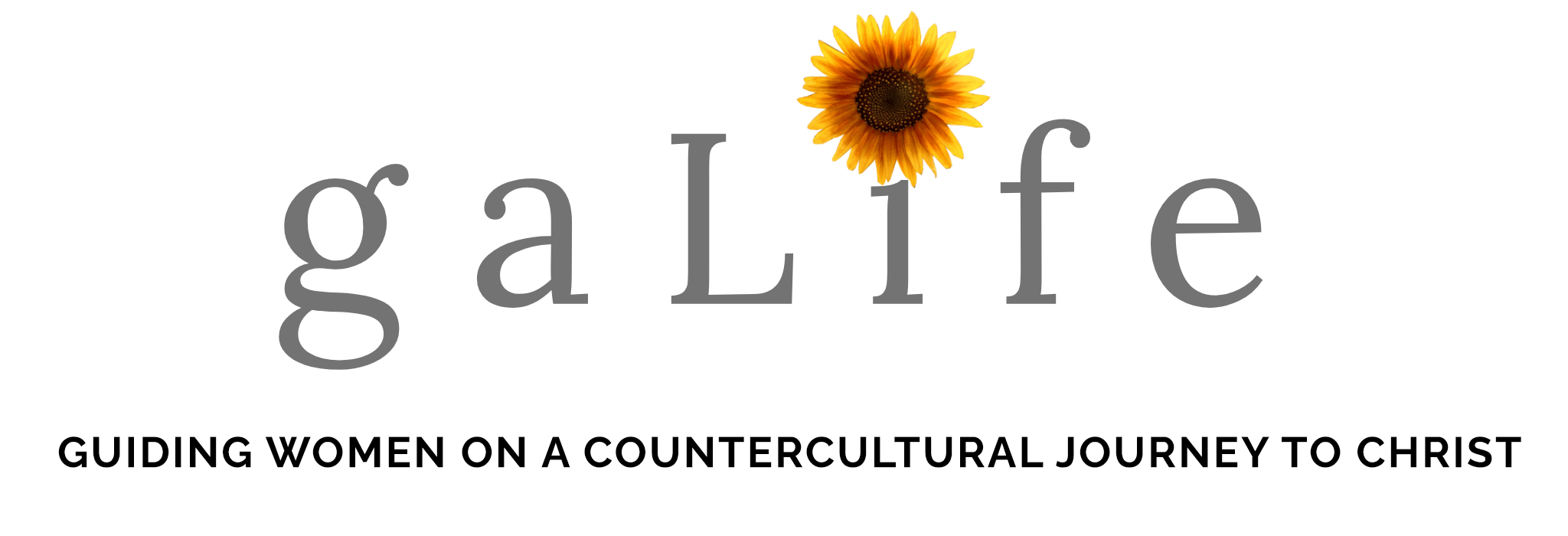
Do We Understand the Depth of Sin?
This may seem like a strange blog to write for Black History month. But, the fact that the Month exists hints at a secret our nation’s history has. There’s something unforgettable about the struggle of Africans kidnapped and brought to the United States of America that shapes our country still. Among the relics of slavery is the faith of African-Americans. It often looks to the God who freed His children from Pharaoh and Egyptian captivity for similar relief, not unlike other people who suffer from oppression. But they are criticized for looking to God for social justice. Where else should people look for hope? Why should you look to the God of the Bible as a source of hope?
The answer to that question will be based on the recognition of your despair. Yes, there is ultimately a need to recognize that sin exists and that we need a Savior to pay for sin. But, what is sin? An offense to God? Disobedience to God? Both. I recognize sin by the way it affects me and others. Consequently, we don’t understand our need for a Savior until we understand the depth of sin as a problem.
In recognizing the sin of slavery, for instance, as I endure the side effects of slavery, my hope is for relief as I stand in agreement with God that sin is bad and that humanity needs to be redeemed. But, in that recognition, I am looking to the Redeemer to address the sin and defer my hope for relief no longer.
Yes, we have the hope of eternal life through Christ Jesus, our Lord. But do I die today? I need not hope for a mansion and brand name clothes, but to ask for fewer lashes and humane treatment shouldn’t stretch the imagination of people who love God, but claim that I am looking to social justice as my God. No, I am looking to my God for social justice.
Every testimony will be unique as we come to know that Jesus overcame the world by sacrificing Himself for sin in obedience to God’s love for the world for which He gave His only Son (John 3:16). That’s what God says in the Bible, the book of hope.





